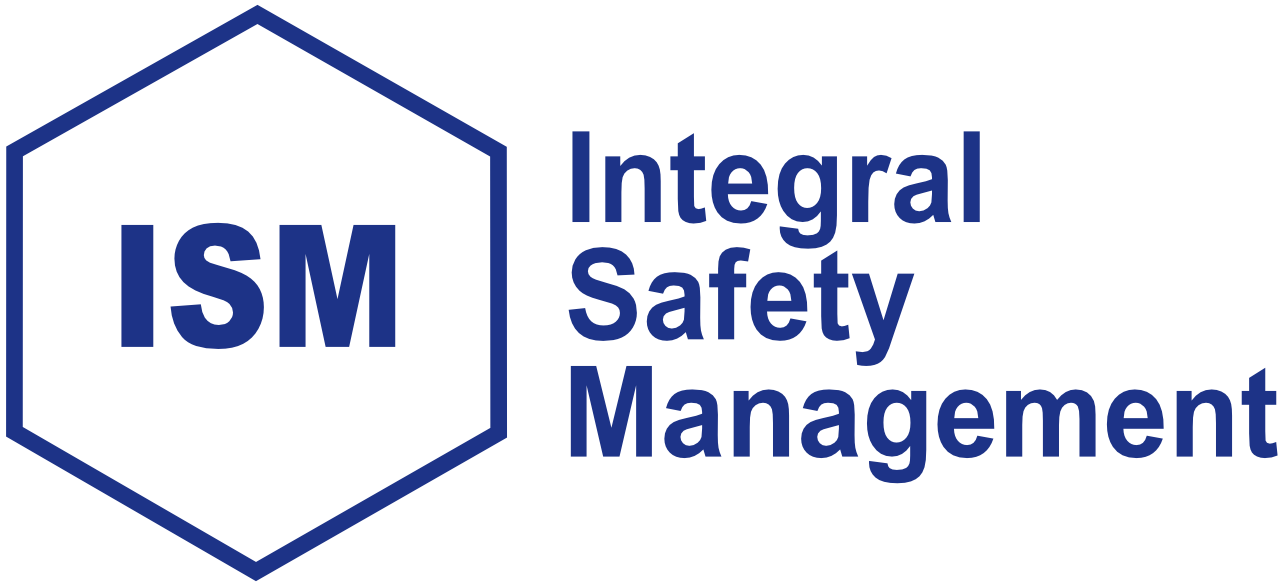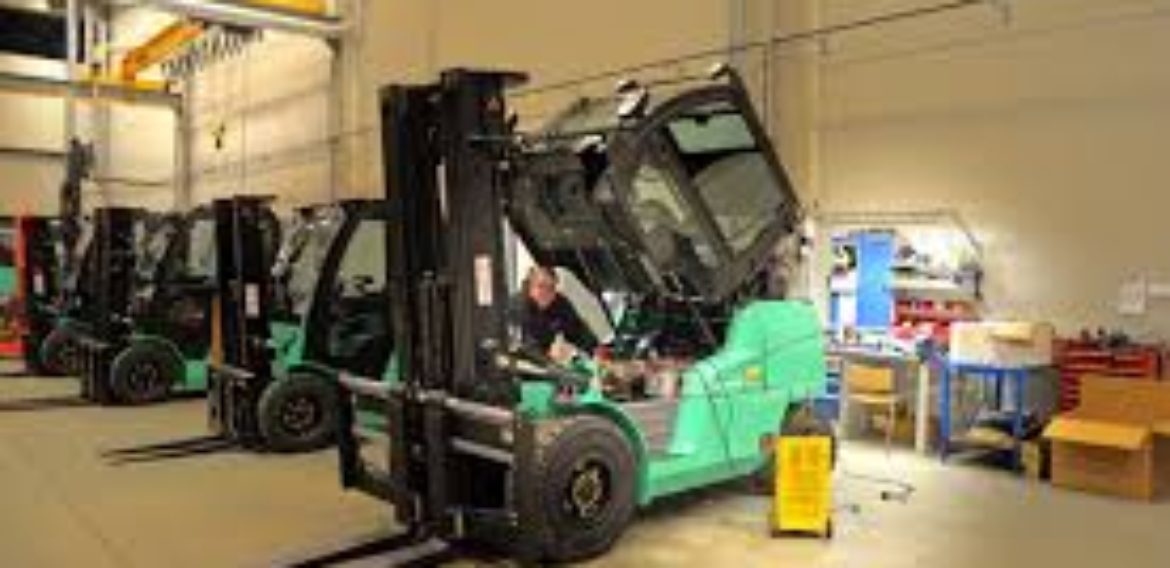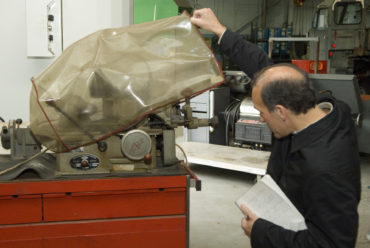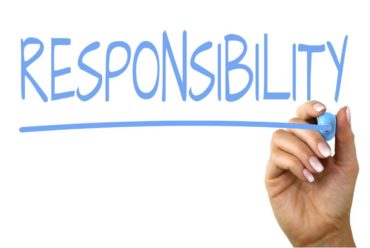Workplace transport safety checklist
Regular maintenance that will reduce injuries from vehicles at work
There are several good reasons to ensure your workplace vehicles are maintained in a good condition. Well-maintained vehicles perform better, lowering your costs and increasing productivity. Most importantly, well-maintained vehicles are safer. The law, of course, doesn’t care about your costs or profitability. It does care about the safety of your workforce, customers and visitors, and, where your vehicles are used on public highways, other road users.
In this article, you’ll find a workplace transport safety checklist to help you comply with your legal obligations, making sure that your vehicles are in good working order.
Prevention is the key to workplace transport safety
Most accidents involving workplace transport (and machinery) are caused by either driver error or poor vehicle maintenance. The former is corrected by driver health and safety training and good working practices. The former is corrected by ensuring that you do all you can to prevent mechanical errors. Preventative maintenance is essential to detect vehicle wear and tear as well as ensuring vehicles are in good repair and efficient working order.
Daily checks for drivers to do
There are daily checks that all drivers should make, and these should form part of your drivers’ description of role and duties. Their workplace transport safety checklist should include a daily (start of shift) check of:
- Tyres
- Windscreen
- Windscreen wipers and washers
- Lights
- Indicators and hazard lights, and warning devices (e.g. reversing alarm)
- Mirrors
Drivers and vehicle operators should be provided with adequate training to undertake these checks, as well as a procedure to follow should any inspection of the vehicle indicate that it is less than satisfactory. There should also be a procedure in place for drivers to follow if they suspect any mechanical (or other) deficiency detected during vehicle operation.
Drivers should also be tasked to ensure that vehicles are kept clean and vision is not impaired by dangling pennants or window stickers.
Regular and planned maintenance
In addition to daily checks performed by drivers, you should ensure that regular preventative maintenance work is undertaken on your vehicles. You’ll need to consider manufacturer’s guidelines when such maintenance work should be done – for example, according to mileage or time.
This work must be carried out by a competent person, trained to work on the particular vehicle type or vehicle. Your regular vehicle maintenance checklist should include:
- Brakes
- Steering
- Tyres
- Mirrors, cameras, etc.
- Windscreens and washers
- Warning devices
- Fitted safety systems
- Pneumatic and hydraulic hoses, fittings, pistons and systems
- Lights
Stay safe when maintaining your vehicles
Any employee working on a vehicle should take precautions to ensure that they do so safely. They should:
- Apply brakes
- Check wheels
- Securely prop raised parts
- Use a tyre cage when inflating tyres on split rim wheels
- Remove tyres before carrying out any welding or heating work on a wheel
- Beware of and take precautions against the risk of explosion from fuel tanks and batteries
- Use respiration masks to protect against inhaling asbestos when working on brakes and clutches
Record keeping
It is essential to keep records of all checks and maintenance work carried out on vehicles. Provide drivers with a daily workplace transport safety checklist to complete and sign. When maintenance is carried out, ensure that it is signed off by your maintenance technician or external technician. Your records should include defects found, causes, actions taken, and who undertook the work or reported the defect.
These preventative maintenance checks help to keep your vehicles fit for purpose. This should help maintain vehicle performance, and improve performance. It will result in safer vehicles and less likelihood of injury or other health issues caused by vehicle defect.
Ensure your vehicles, machinery and equipment are correctly maintained, and that your company is compliant with the ever-changing health and safety rules and regulations. Ensure your company is admired for being a conscious employer, who puts the wellbeing of its employees at the top of its agenda. To learn how we can help you achieve all this, contact Integral Safety Management today.






No Comments